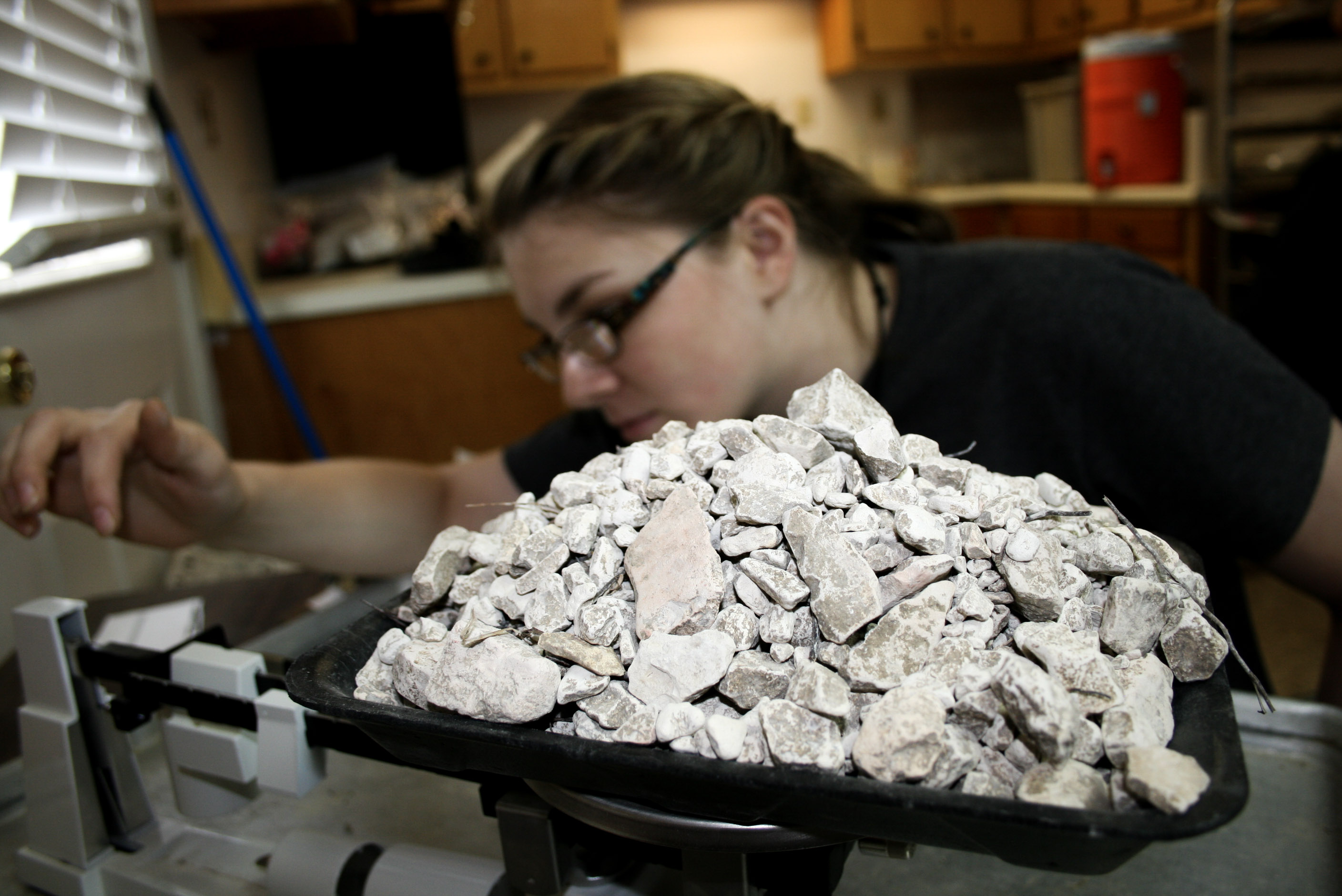Subfields of Anthropology
Cultural ANthropology
Sociocultural anthropologists explore how people in different places live. They want to know what people think is important and how they believe they should interact with one another. Anthropologists want to listen to all voices and viewpoints to understand how societies vary and what they have in common. They try to understand the perspectives, practices, and social organization of other groups whose values and life may be very different from their own.
Archaeology
Archaeologists study human culture by analyzing the objects people have made. They excavate items such as pottery and tools, and they map the locations of houses, trash pits, and burials to learn about the daily lives of a people. They also analyze human fossils and remains to gain information on a people’s diet and the diseases they suffered. Like other areas of anthropology, archaeologists are concerned with explaining differences and similarities in human societies across space and time.
Linguistic Anthropology
Linguistic anthropologists study the many ways people communicate across the globe. They are interested in how language is connected to how we see the world. They can look at how language works in all its different forms and how it changes over time. It also means looking at what we believe about language and communication, and how we use language in our lives. For linguistic anthropologists, language and communication are keys to how we make society and culture.
Biological ANTHROPOLOGY
Biological anthropologists’ goal is to understand how humans adapt to different environments and how they evolved. To do this, they study humans (living and dead), other primates such as monkeys and apes, and human ancestors (fossils). They are also interested in how biology and culture work together to shape our lives. Biological anthropologists seek to show that humans are more similar to one another than different.

